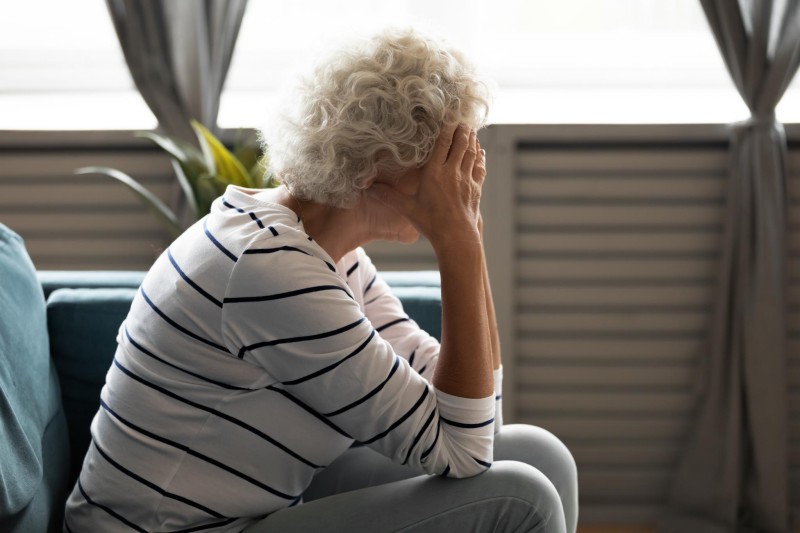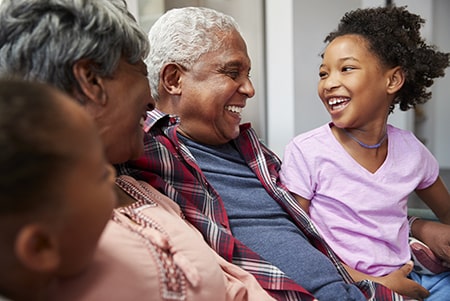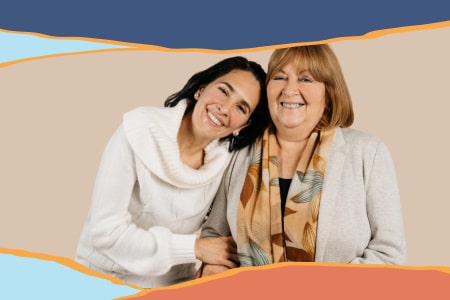Home & Community Based Services
Resources

Let's Talk: A Q&A Discussion about Mental Health with Benjamin Rose
What is mental health? Behavioral health? What should you do if you’re worried about a friend or a loved one? How is COVID-19 impacting your loved one’s mental health? May is Mental Health Month and Benjamin Rose Institute on Aging wants to help you answer all of your mental health questions. In this webinar, mental health experts from Benjamin Rose’s Behavioral Health team discuss and respond to listeners questions about mental health in real time and share valuable tips and information to help you navigate mental and behavioral health services and supports.
Watch
Why Being Watchful for Signs of Malnutrition in Older Adults Matters
Malnutrition is most simply defined as a nutritional imbalance that can potentially affect any person, regardless of weight. Chronic health conditions combined with inadequate nutrition can often negatively impact older adults and prevent their bodies from absorbing the nutrients they need for healthy aging. Depression; social isolation; mental health challenges; embarrassment; lack of food; functional changes that limit the ability to shop for, prepare or even eat food; and financial struggles further increase the risk for malnutrition.
Read More
5 Tactics to Help Improve Your Home Health CAHPS Rating
There’s a reason that positive customer reviews are very important to home health agencies—many households seeking in-home health care services rely on published accounts to guide them in selecting the agency they feel will be the best fit for their situation.
Read More
How Caregiver Support Can Combat Rising Stress Levels
We all know that caregiving for a loved one can be stressful, but it seems that caregivers may be feeling the strain more than ever before. Nearly two-thirds of family and friend caregivers consider their situation to be moderately-to-highly stressful, according to the recently released Caregiving in the U.S. 2020 report from National Alliance for Caregiving and AARP.
Read More
COVID and Quarantine: The Mental Health Consequences
As the COVID-19 pandemic has reshaped our world, it has also made us reevaluate how we understand mental health. This webinar will share tips on recognizing the role COVID-19 and quarantine risk factors play in the mental health disorders of our loved ones, how to become familiar with symptoms of PTSD and other mental health disorders that are linked to quarantine, and ways to help our loved ones cope.
Watch

